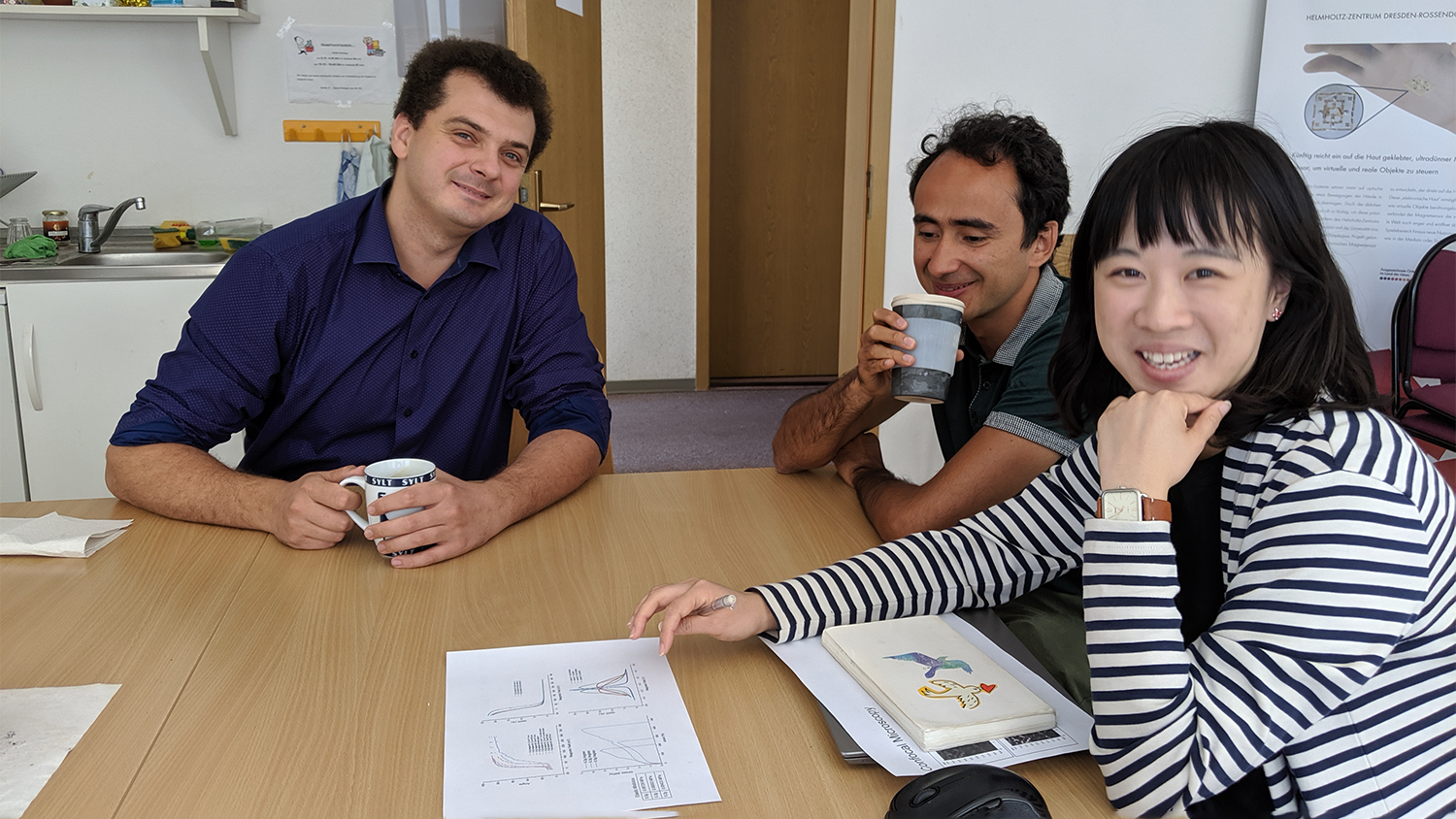
Frequently Asked Questions
IRES Program and Application
I can’t view the Projects page. How do I get the password? You must be a verified NC State, UNC, or Duke student in order to receive the password. Click here to fill out the password request form.
Do I need a passport and visa for the IRES experience? Yes, if you do not already have a passport, you will need one. It needs to be valid for at least 6 months after the date of departure, so through November 21, 2025. For travel with a US passport, in most cases, a visa is not needed. US passport holders are eligible for a Schengen visa, which allows a stay of up to 90 days without needing to apply for a visa. If you have already spent more than 2 weeks in the Schengen area in the 180 days before departure, then a visa will likely be needed.
Can I reapply if not selected? Yes. The IRES program will run again Summer 2026.
Can I participate in the IRES program for multiple summers? Most likely not. We would like to be able to support as many students as possible in the IRES experience. If you would like to return for a second summer to do research with your host, there may be other ways of supporting your stay outside of the IRES program, and we can offer advice about this.
How do you define “soft matter?” Soft matter in the IRES program is broadly defined and refers to polymers and other materials that are mechanically soft (i.e., have a low elastic modulus), including particles (e.g., colloids and functional nanoparticles), organic-inorganic hybrid materials, and biomaterials.
Is the IRES program restricted to certain PhD programs? No. PhD students from all disciplines are welcome to apply. The main requirement is for applications to have reasonable academic preparation for the projects ranked in the application.
Does my PhD research have to be focused on a soft matter research topic? Your PhD research does not have to be on a soft matter research topic, but it is helpful if you elaborate on your interest in the application if your PhD research is not in soft matter. The main requirement is an interest in the research projects and in participating in a cohort of PhD students who are conducting soft matter research. Because of the broad definition of “soft matter,” your research may already fit within the scope of soft matter, even if that is not how you primarily think about it.
Logistics
What is the stipend for IRES students, and what expenses are covered by the IRES program? A $625/week stipend is provided, deposited into your U.S. bank account. Flights, lodging, expenses for the trip to Berlin, and supplemental health insurance are covered.
Is there a deadline to have a passport by (if I don’t already have one)? Please apply by January 2025, if you do not already have a passport. The current processing time for passports is 8-11 weeks but that fluctuates. You may need the passport somewhat sooner than our departure for onboarding at our host TUD+ institutes.
Is there any flexibility in the dates for the IRES program? Generally, the dates are inflexible. The experience with the IRES cohort is an important part of the program. Moreover, for logistical reasons, it is important for the cohort especially to arrive together in Dresden to streamline getting settled and onboarding. Participation in the IRES Research Symposium at the end of the summer is also required, and departing together streamlines the offboarding process. Requests to adjust the dates will be considered on a case-by-case basis and will be viewed more favorably if they involve an earlier arrival or later return, but you would need to cover your additional lodging expenses. The dorm rooms have been reserved only for the dates of the program.
Do I have to travel with the group to and from Dresden? Can I travel on my own? For adjusting the travel dates, see above. We prefer to travel together for convenience and for the cohort experience, but we understand that you may prefer not to depart from or to return to RDU. We will handle travel separately from the cohort on a case-by-case basis but aim to make reasonable accommodations based on your plans before and after the IRES program.
Living in Dresden
What is the transportation like in Dresden? The use of public transportation and a fair amount of daily walking are common in Germany and for this IRES program. Getting from the apartments to the research site can involve a combination of public transportation (bus, tram, train) and walking up to about 20 minutes one-way. No car or bicycle is needed, but participants will generally need to walk more than in North Carolina.
Are the buildings air-conditioned? Summers in Germany are milder than in North Carolina. The apartments (as well as most other housing) and most of the office spaces at TUD+ do not have air conditioning. The rooms have large windows that can be propped open, and fans greatly help, but participants should be prepared to experience some hot days.

Join us in Dresden in Summer 2025!
Apply Now
